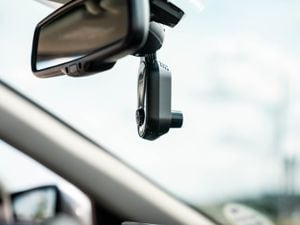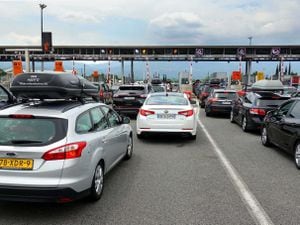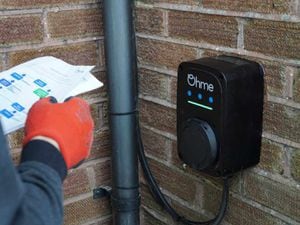These are some of the top electric car myths debunked
There are plenty of untruths surrounding battery-powered vehicles – and we’ve got some of the most-touted ones.
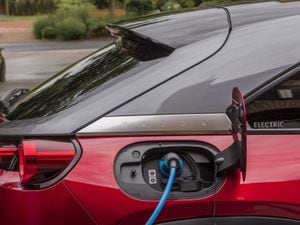
The world of electric cars is absolutely swirling with myths. Being a relatively new technology means that, yes, there are unknowns – but there are plenty of misconceptions surrounding all things battery-powered.
Here, we’re going to take a look through some of the most popular myths related to electric cars and why they’re quite far from the truth.
They can’t go in car washes and can’t be charged in the rain
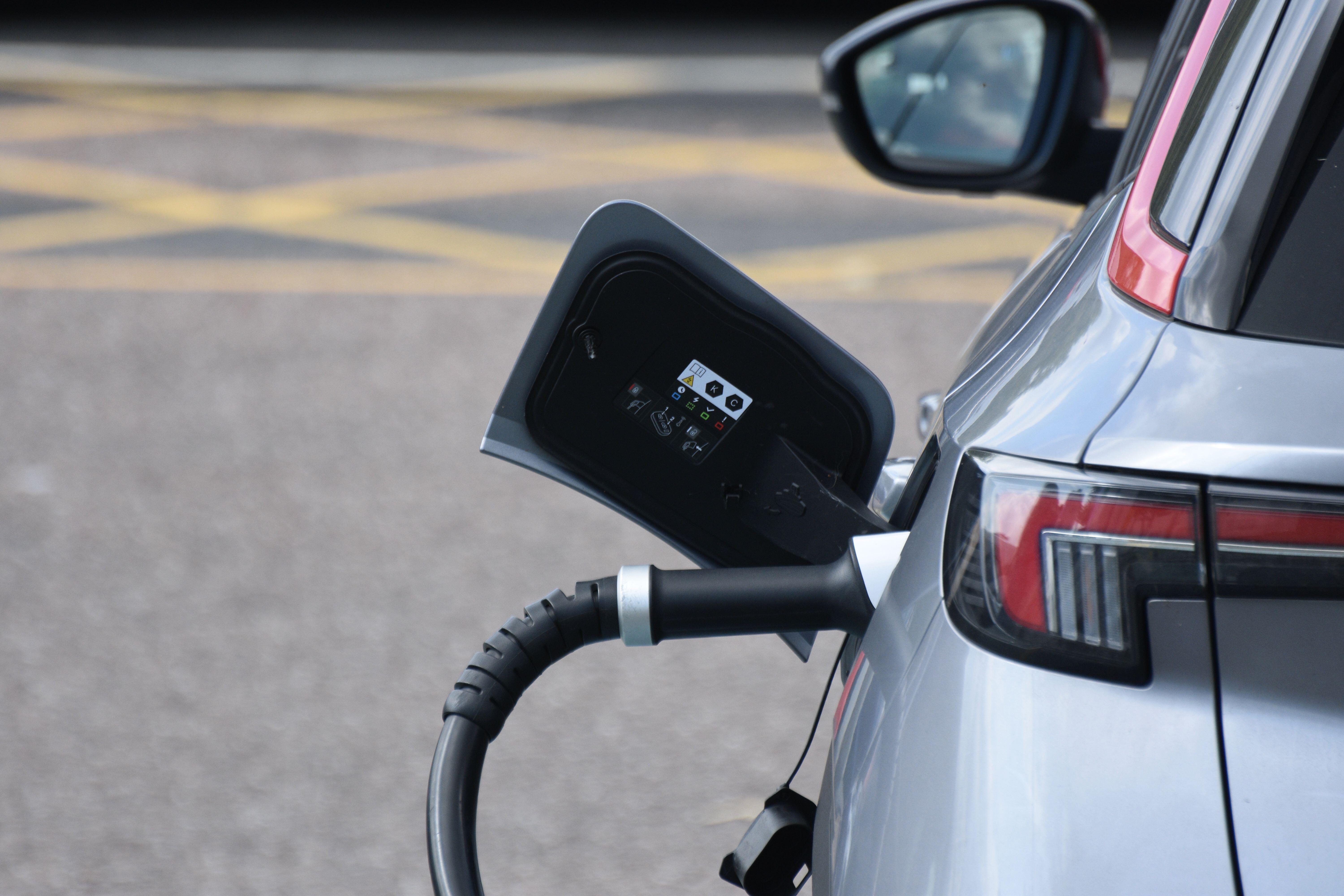
>
This one is nearly as old as electric vehicle technology itself. For some time, it’s been claimed that electric vehicles can’t go in car washers but this is a complete myth – EVs are perfectly fine to be used in a car wash, just as they’re okay to be driven in the rain.
The same goes for charging in the rain. It’s fair to say that most of us are taught from an early age that electricity and water aren’t a great mix and while this is true, it doesn’t apply to electric vehicles in the rain. Both the car and the charger are designed to protect all parties from an electric shock and will only release a charge once the EV is securely plugged into the charger – it can’t be mistakenly powered up.
EV batteries won’t last for very long
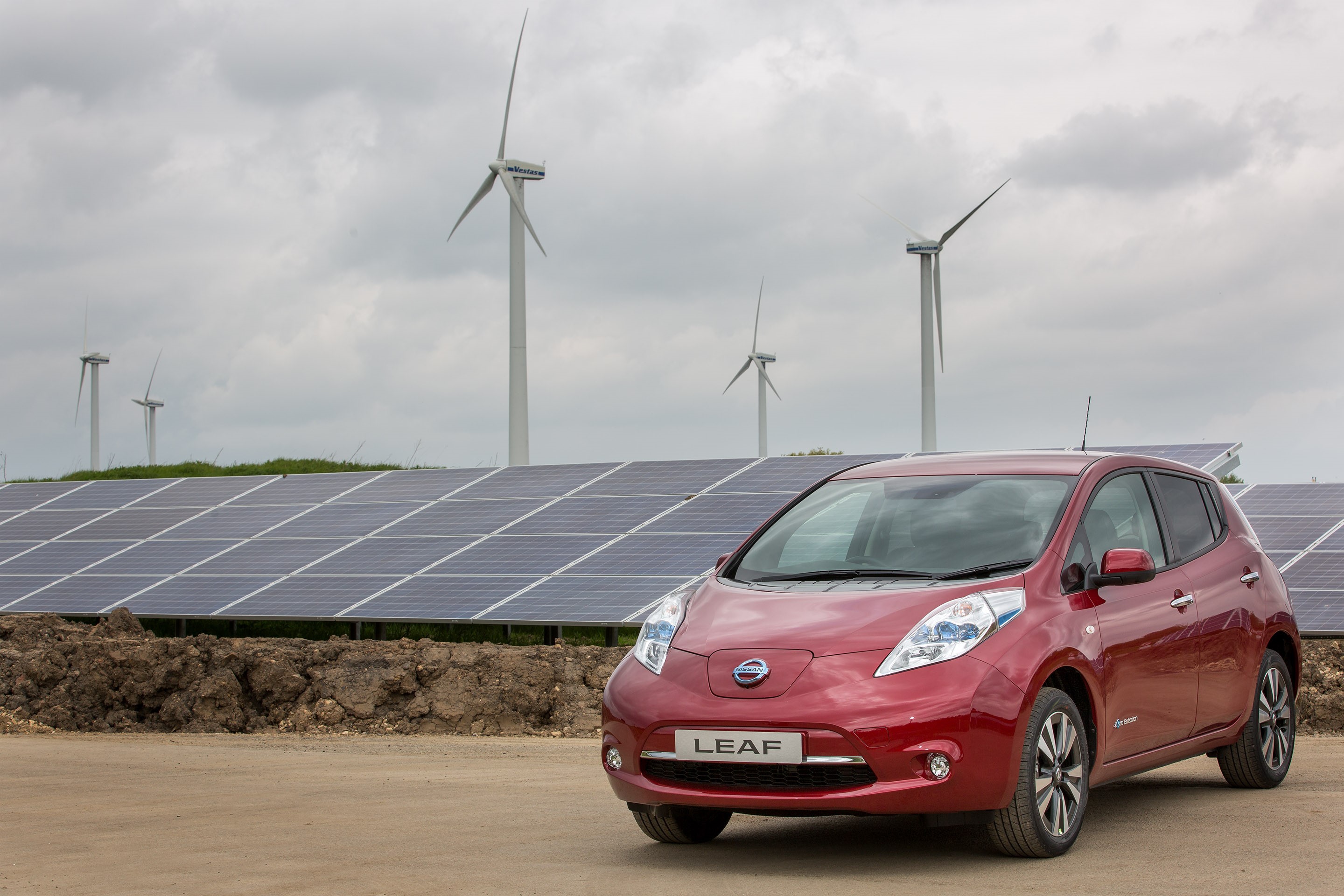
>
Most people think of all of their other battery-powered appliances when thinking of electric vehicles and their longevity. It’s true, battery degradation is a thing and EVs will, over time, lose range but there’s always a bookend amount of charge – they can’t ever go ‘completely’ flat and stop working.
We’ve already seen some of the original Nissan Leafs exceed well over 150,000 miles and plenty of electric vehicles are already being put through big mileage in use cases such as taxis or private hire vehicles.
There aren’t enough chargers
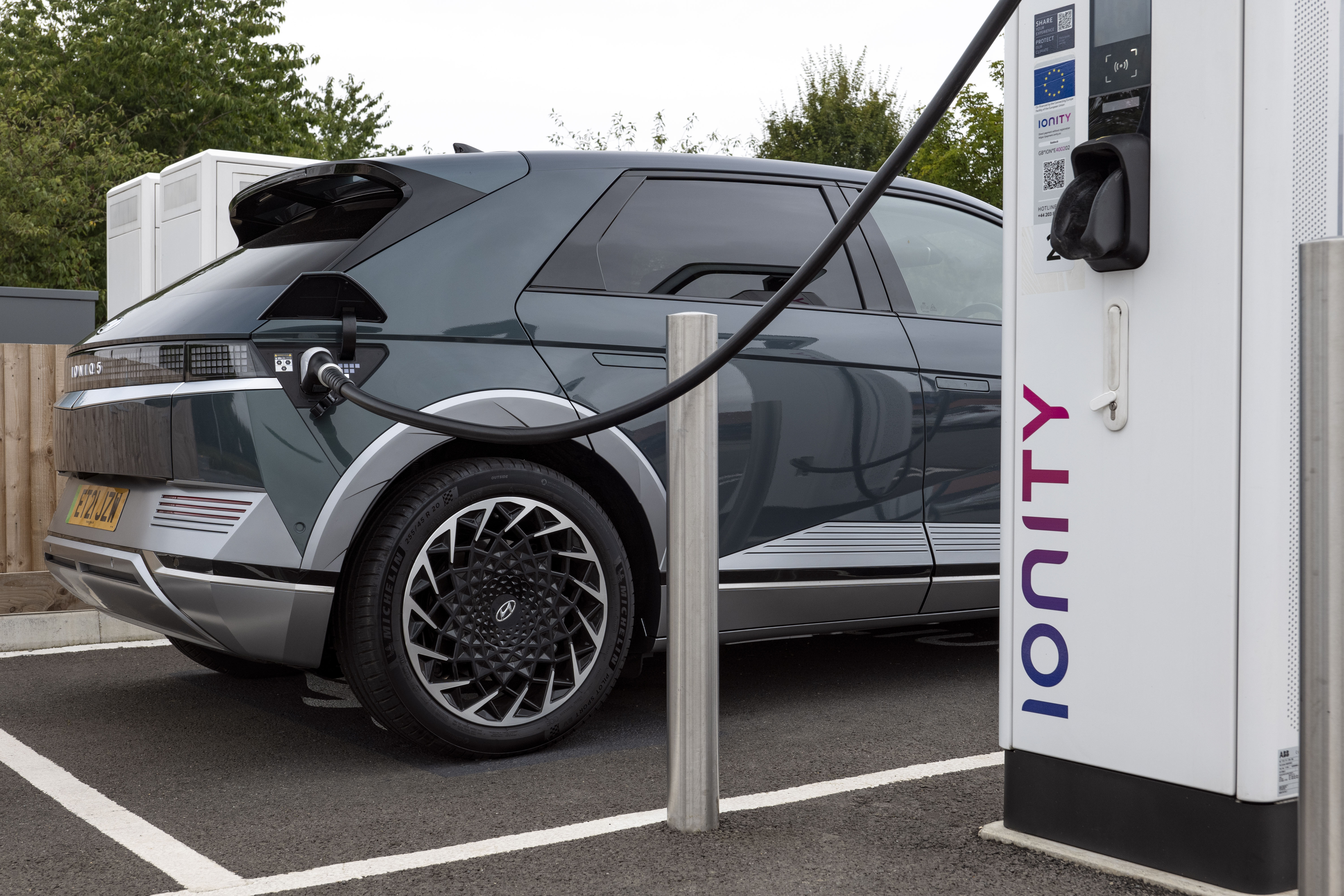
>
It’s fair to say that the UK’s charging infrastructure has gone through some periods of ups and downs, but it’s definitely on an upward trajectory. The UK recently passed a 100,000 milestone for rapid chargers – those which can charge some EVs from 10 to 80 per cent in under 30 minutes – but this doesn’t include all other types and speeds of chargers.
According to leading EV charger mapping service ZapMap, there are now just over 53,000 charging devices at 30,853 locations across the UK. Just over 1,500 were added in November 2023 alone, in fact.
Electric vehicles can’t travel very far
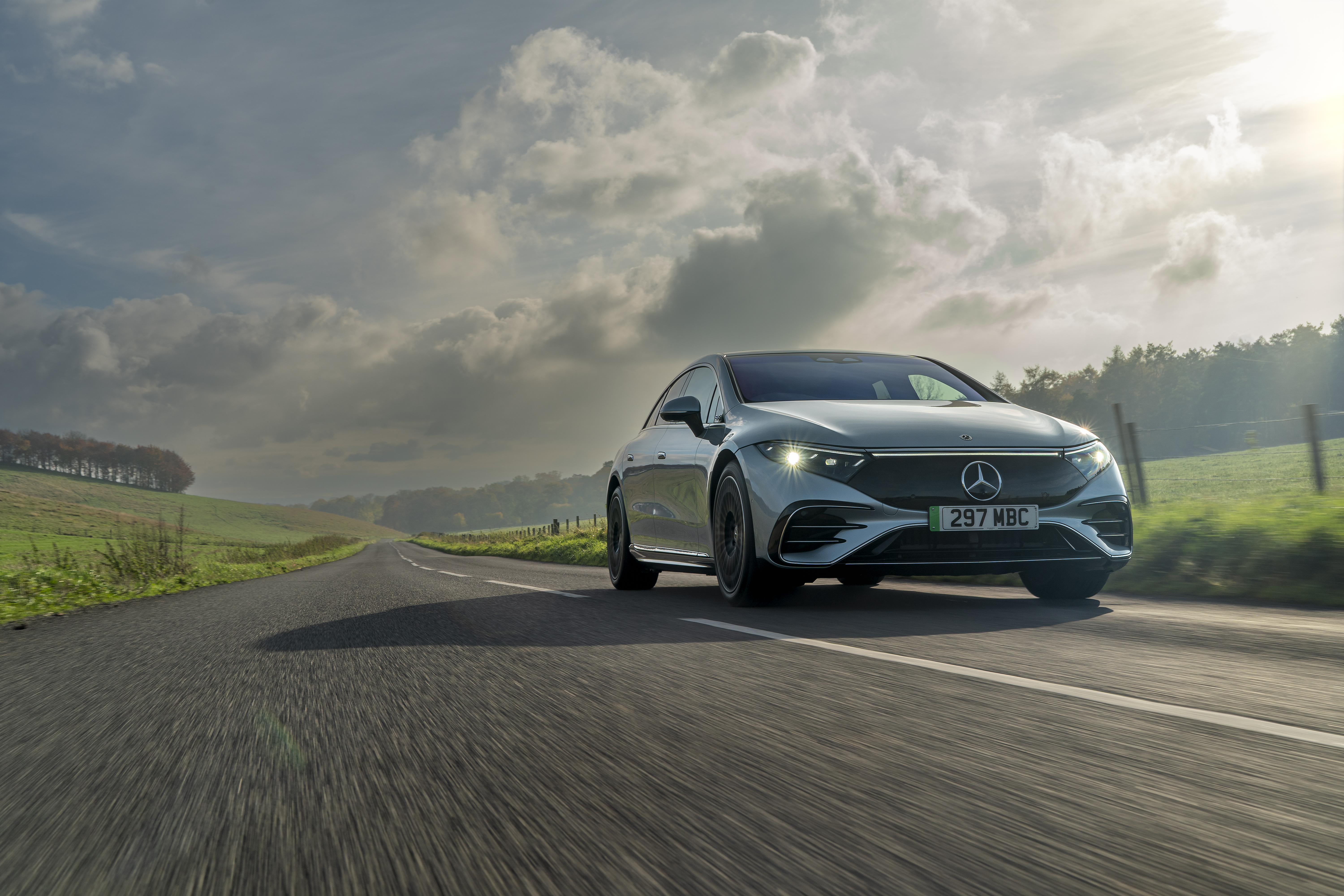
>
Early electric vehicles weren’t able to travel very far at all due to limited battery technology. However, batteries have come on enormously in recent years and can now return a lot of charge in far less physical space than before. The Mercedes EQS, for example, can now return a claimed range of 452 miles, while the futuristic Polestar 2 can bring a range of up to 406 miles.
However, it’s not just ‘top-end’ EVs that can bring a whole lot of miles, as even more ‘regular’ electric vehicles can go far further between trips to the plug than before. The MG4, for example, can do up to 323 miles between charges, and undercuts many rivals in terms of price.
The grid will become overloaded if everyone drives electric vehicles
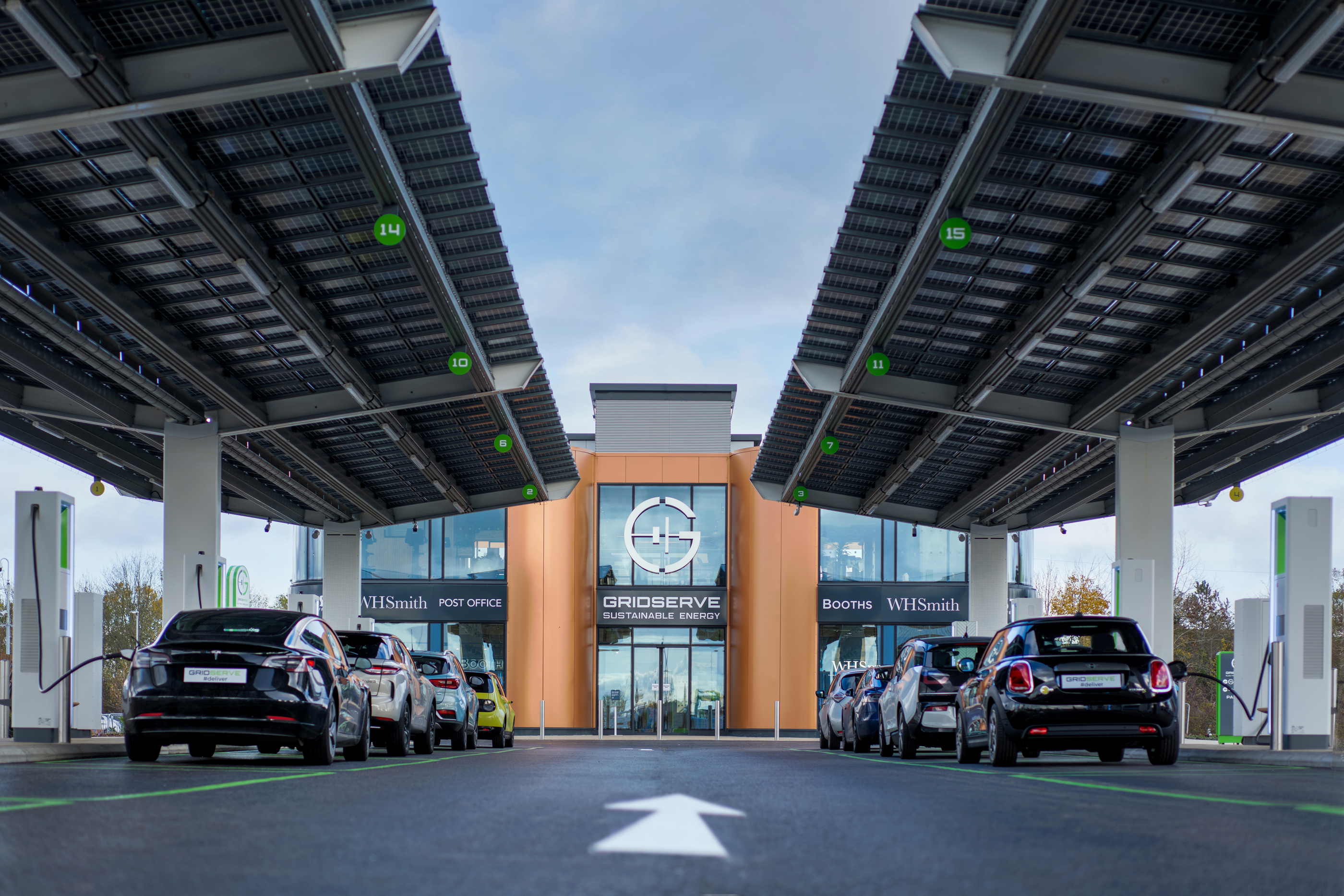
>
Many people think that if everyone made the switch to an electric vehicle the grid would be overloaded and that the country’s lights would go out the minute we all plugged in. However, that isn’t the case.
The National Grid has already stated that the grid has more than enough capacity in place. It stated that the UK’s peak usage period was back in 2002, but, since then, it has fallen by 16 per cent due to better efficiency across the network. The National Grid estimates that ‘even if the nation switched to electric vehicles overnight, we estimate that demand would only increase by around 10 per cent’ meaning that it would still be using less power than that peak period in 2002.

